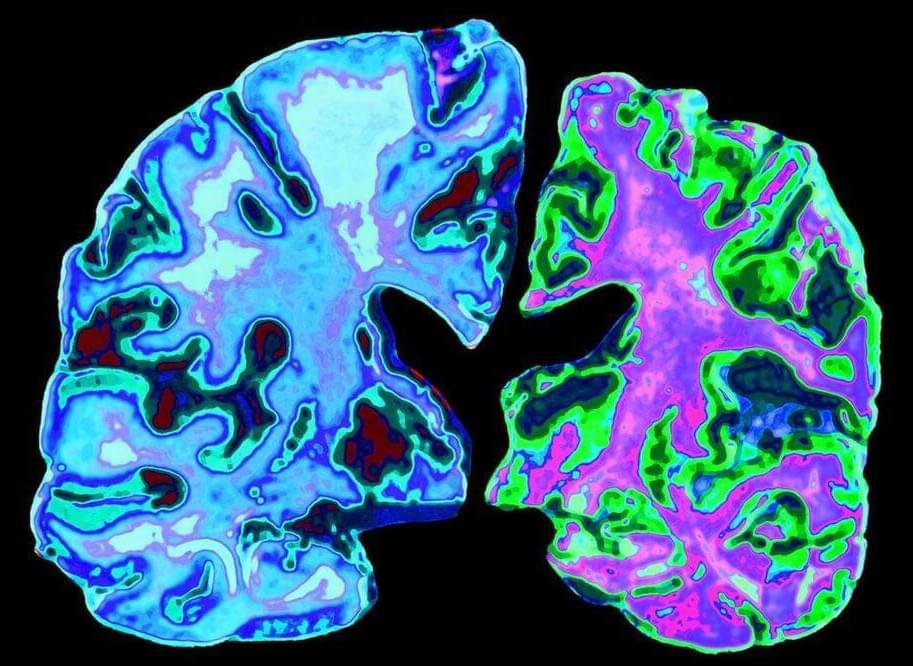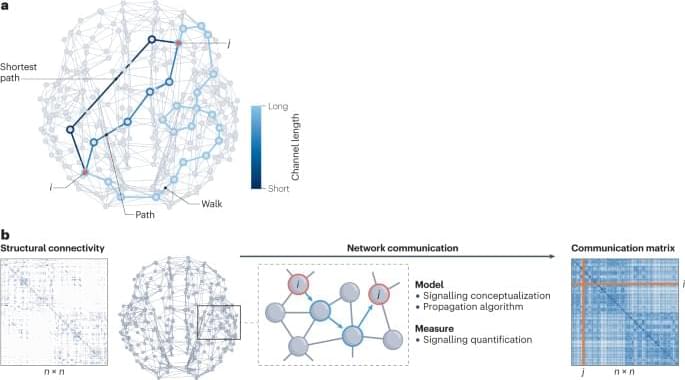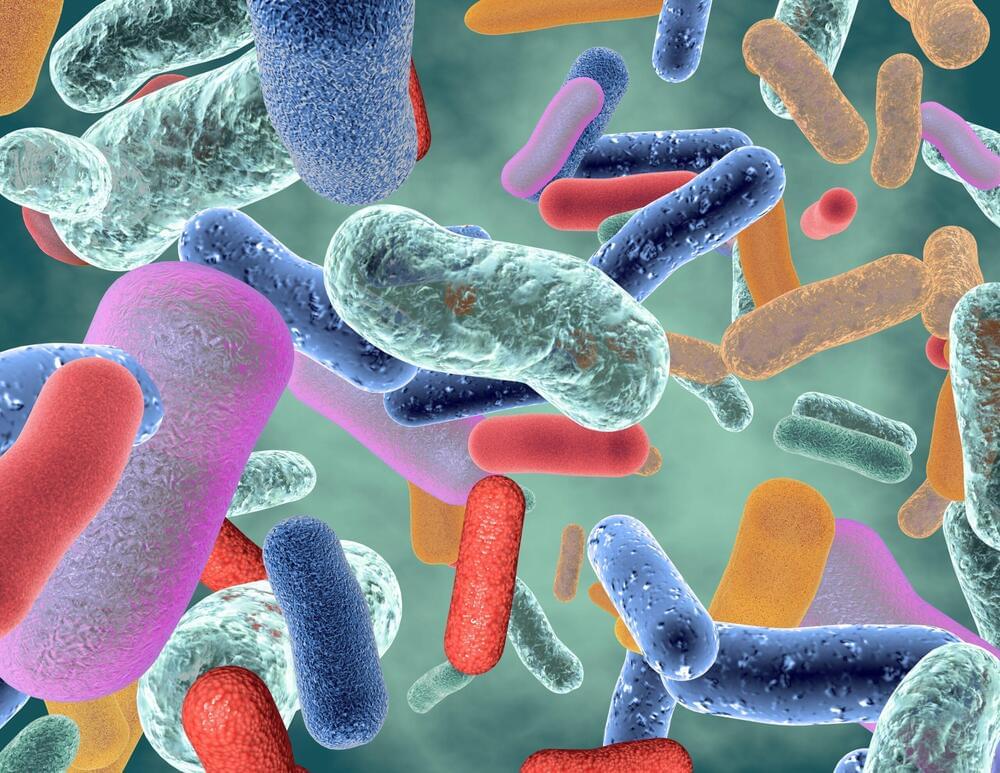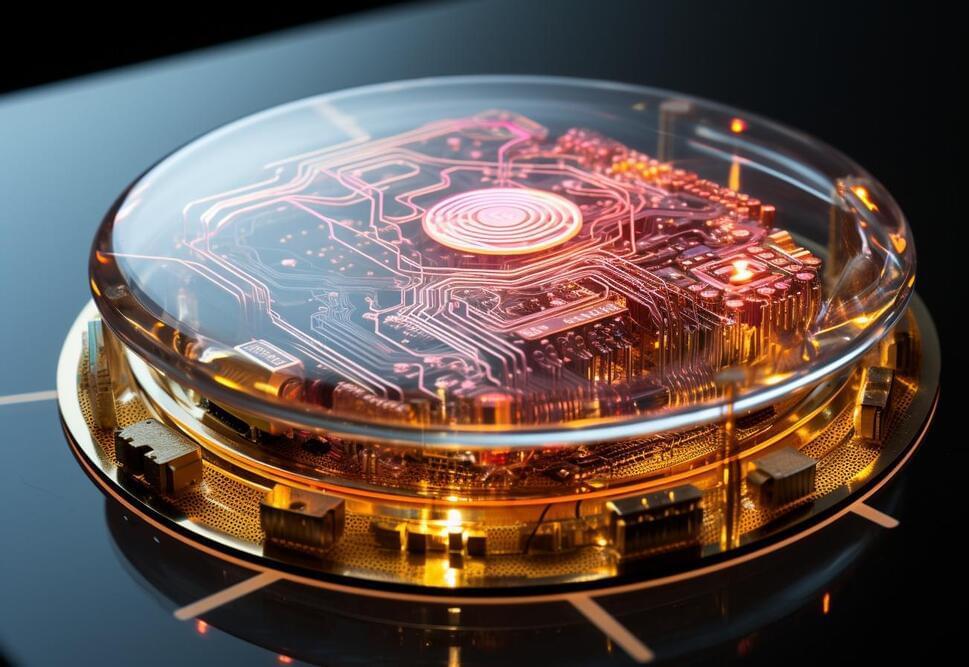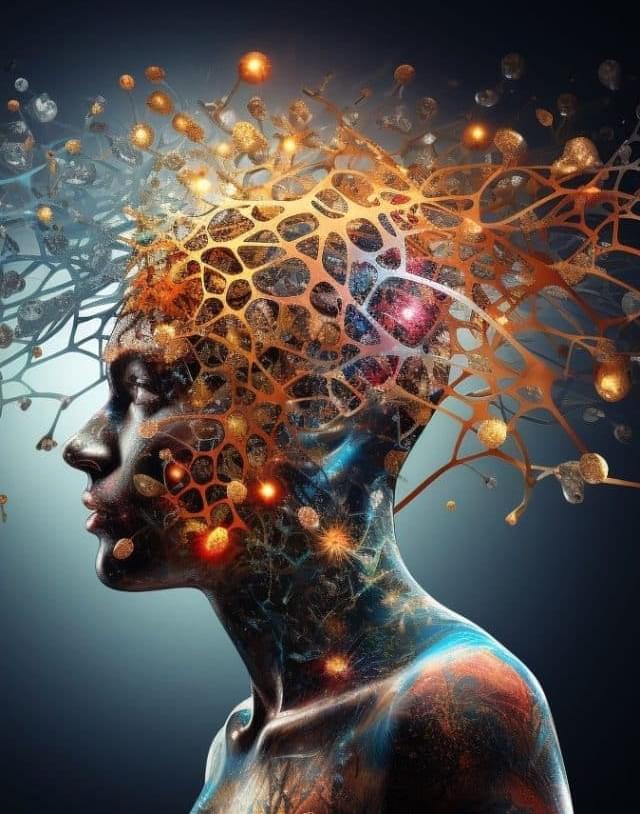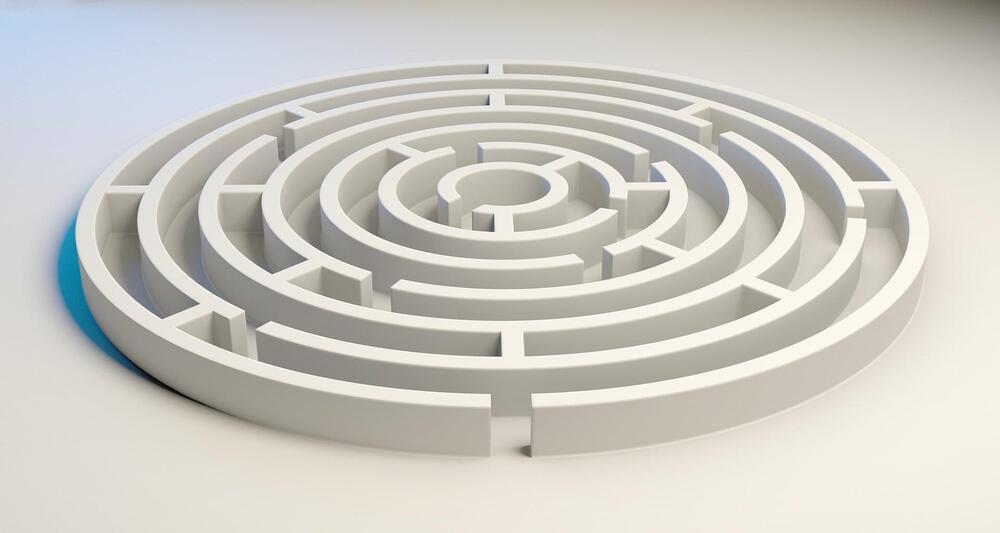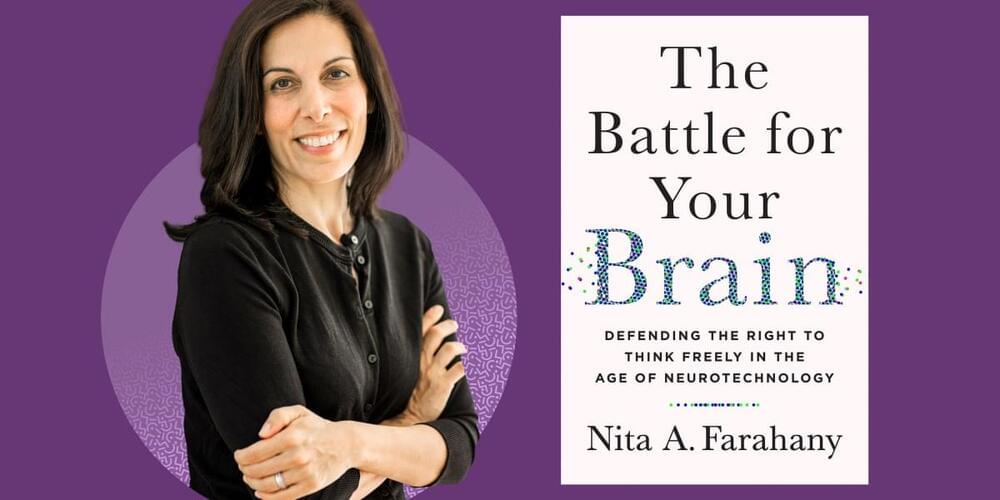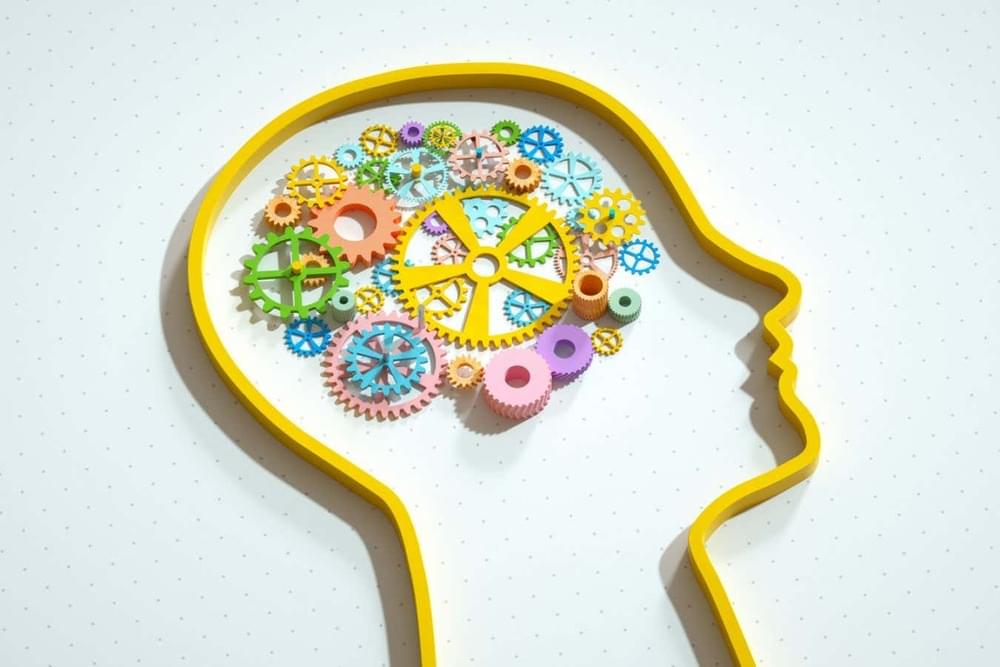Jul 21, 2023
Tell-tale protein fragment discovered in Alzheimer’s patients could be basis for blood test
Posted by Genevieve Klien in categories: biotech/medical, neuroscience
A protein fragment from the brain could be used to track progression of Alzheimer’s disease. The tell-tale fragment of tau protein was detectable in the cerebrospinal fluid (CSF) of patients with the disease, and researchers now hope to develop a blood test using it.
Alzheimer’s is a disease of errant protein aggregates that include amyloid plaques and then later tau tangles. ‘Amyloid plaques begin to form about 10 to 20 years before the first symptoms of Alzheimer’s,’ says Randall Bateman, a neurologist at Washington University School of Medicine who helped lead the study. ‘Whereas tau tangles begin once the symptoms begin.’
Studies in two patient groups, each with hundreds of people, revealed that levels of the fragment in the CSF were indicative of tau clumps in the brain seen on imaging and were linked to symptoms of cognitive decline.
